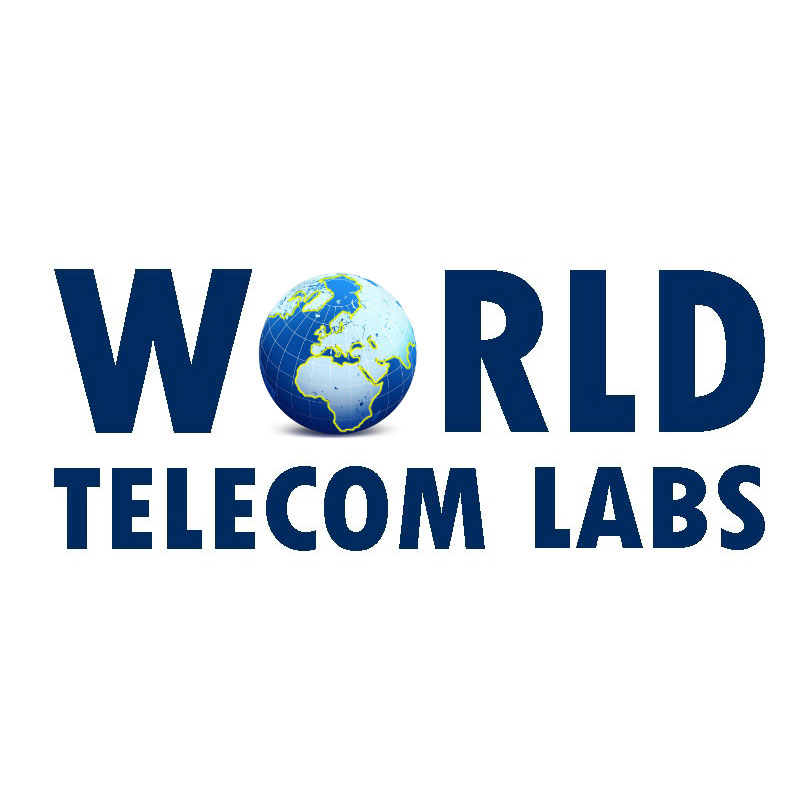 Five countries have issued a statement of intent to foster greater collaboration on telecoms matters, the main areas of which appear to be Open RAN, 6G, and China related security concerns.
Five countries have issued a statement of intent to foster greater collaboration on telecoms matters, the main areas of which appear to be Open RAN, 6G, and China related security concerns.
The Global Coalition on Telecommunications (GCOT) is a sync-up between individual government departments with telecoms in their remit – namely the Department for Science, Innovation and Technology in the UK; the Department of Infrastructure, Transport, Regional Development, Communications and the Arts in Australia; the Department of Innovation, Science and Economic Development in Canada; the Ministry of Internal Affairs and Communications in Japan; and the National Telecommunications and Information Administration in the US.
The goal of the collaboration is to make sure the included countries are all on the same page with regard to policies relating to current and future telecoms technology. Specifically, the coalition will look to:
Increase cooperation and coordination between the GCOT partners on telecommunications, including by improving information sharing with a view to ensuring complementary national approaches
Build broader international consensus on key areas of telecommunications policy in support of our shared objectives
Enable dialogue between policymakers, industry, and academia
Promote innovation and growth opportunities for industry
What this means in practice is that a GCOT steering group is expected to meet twice per year, with one in-person and one virtual meeting every six months, to discuss the listed areas of corporation, the scope of which includes information sharing, joint R&D, funding alignment, the development of standards, skills, supply chain diversification, security, and 6G.
“Ensuring the security, resilience, and innovation of telecommunications networks is a global issue. The international community needs to work together to foster diverse supply chains, secure and interoperable standards, and innovation – including for the development of future telecommunications technologies such as 6G,” reads the announcement.
With regards to sharing information, the most achievable thing for such a group to commence with, the release states:
“We plan to use the GCOT as a forum to exchange information on our respective policy approaches to telecommunications, including telecommunications supplier diversity, future telecommunications, and related security considerations. We also plan to encourage information sharing between our respective testing and research facilities whilst exploring opportunities to reduce challenges around sharing of research and intellectual property management. We further intend to inform the GCOT’s efforts through meaningful engagement with industry stakeholders and to promote sharing of relevant information directly between these actors as they deem appropriate.”
Telecommunications supplier diversity, future telecommunications, and related security considerations can be interpreted as Open RAN, 6G and China, respectively, which are the main hot potatoes in the industry.
The announcement comes hot of the heels of a statement by the European Commission in which it highlighted four technology areas it intends to be more protectionist over. It recommended that member states work with it on risk assessments covering advanced semiconductors, artificial intelligence, quantum technologies, and biotechnologies, and these are just the first of ten sectors it intends to identify.
Neither announcement mentions China by name but that country is consistently the main focus when it comes to conversations about telecoms security in Europe, the US and elsewhere.
At the moment the GCOT has just announced a statement of intention to collaborate more, whether that ends up being a series of joint statements mirroring or replacing those individual government departments put out already, or something entirely more tangible, we will have to wait and see.









